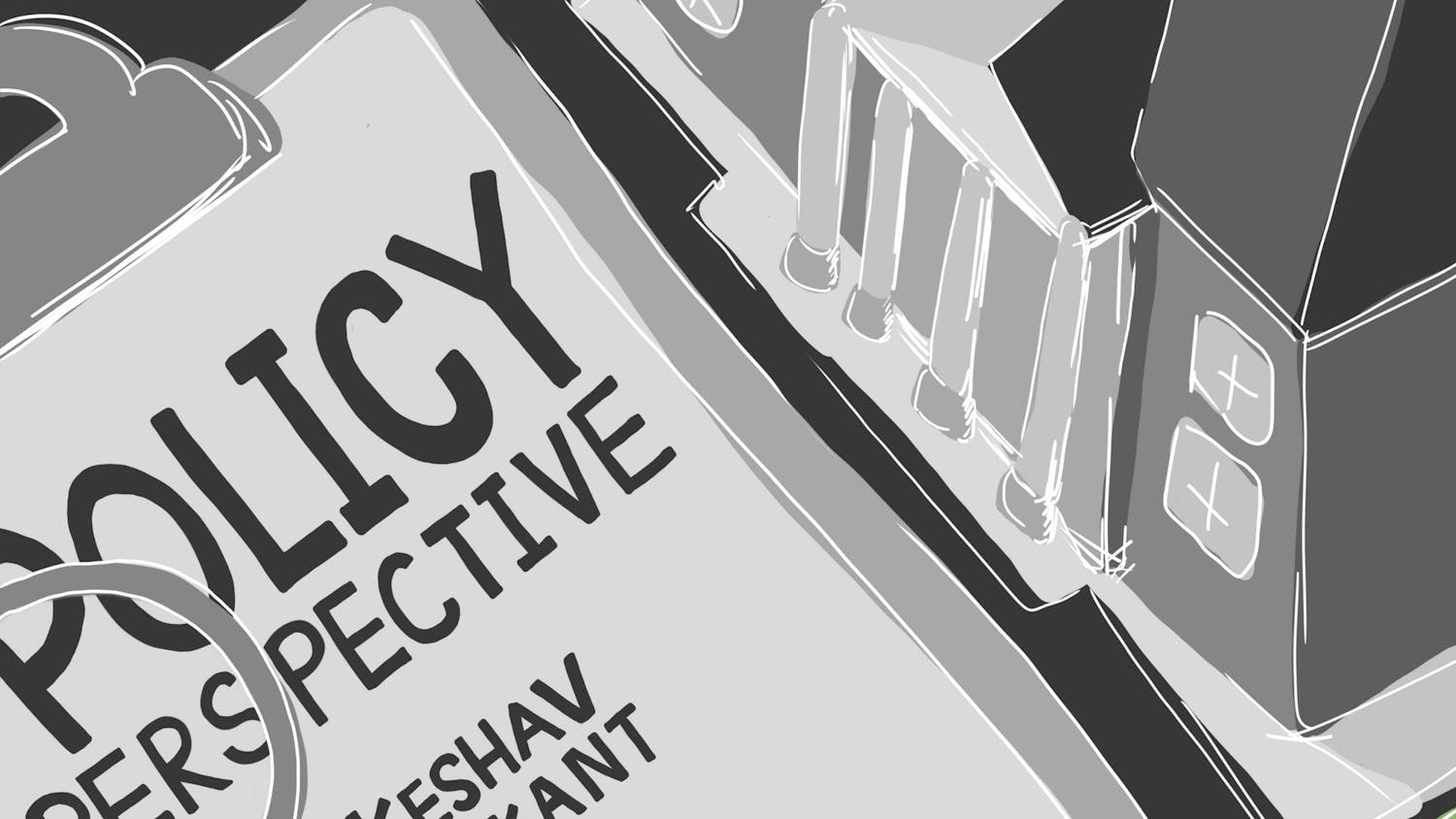Perhaps Morocco took its cue from Governors Christie and Cuomo. Unlike the governors, however, Morocco will be made to pay -- literally.
On Sunday, the Confederation of African Football (CAF) fined the Royal Moroccan Football Federation (RMFF) $1 million for reneging on its commitment to host the 2015 African Cup of Nations (AFCON), and another $9.1 million "for damages caused to the Confederation of African Football (CAF) and partners," according to CNN. As added punishment, Morocco has been barred from participating in both the 2017 and 2019 tournaments.
For once, a major football (soccer?) governing body has done something right.
If you'll recall, governors Christie and Cuomo were excoriated for their knee-jerk overreaction by the medical community -- and by those of us who look suspiciously upon the warrantless suspension of habeas corpus. If you'll also recall, the governors, being governors, emerged virtually unscathed from that imbroglio. Not so with the RMFF.
Stranded with little recourse -- ultimately, Equatorial Guinea volunteered to play host, a clever gambit that offered a lifeline to its team, which had been eliminated during qualification -- the CAF is correct to have assessed damages. Morocco invoked force majeure, a legal remedy that vitiates a contract or other binding promise due to a supervening event, of which Ebola is a prime example; necessarily, there must also be a great likelihood that the impact of this event will be sufficient to influence the terms of the contract. Given that Morocco's initial fears were unfounded -- fueled by the same hysteria that gripped Western nations -- this defense is unlikely to pass muster.
While Morocco is contiguous with nations that are contiguous with (no longer!) Ebola-stricken nations -- makes our fear-mongering an ocean away from the epicenter seem all the more ridiculous, doesn't it? -- the influx of West African fans was estimated at around 1,000 people, few (if any) of whom would have been afflicted with the disease. Moreover, Ebola is not airborne, waterborne or transmitted by vectors -- mosquitoes, other creatures -- so it is less contagious than other potentially fatal diseases.
Of course, in the scheme of things, Ebola, which flared up to wildly disproportionate and unbridled panic barely made a dent; to date, it has claimed fewer than 10,000 lives worldwide. It remains far more parlous, for example, to drive or be driven. This is not to downplay Ebola, or the irrevocable devastation it wrought upon communities and individuals, but to provide perspective.
And it is with this very perspective that the CAF must proceed in order to address continent-wide riots, long a staple of the sport.
Three major incidents -- two in Equatorial Guinea, one in Egypt -- have occurred within the past five days, not to mention others interspersed throughout the past few years. The first, in Equatorial Guinea, saw the deployment of riot police to protect the Ghanaian national team and its fans from being pelted with water bottles and rocks. The second, in which 22 perished, was redolent of Egyptian riots in 2012, in the wake of its Arab Spring, that claimed more than 70 lives.
Rioting and football (soccer?) know one another intimately, as evinced by sporadic, though calamitous, riots not only in Africa, but around the world. Luckily, they are easily preventable -- or should be.
The CAF must crack down, with the same celerity and decisiveness it showed in reprimanding Morocco to avert these sorts of crises. It must recognize that rioting poses a much more credible threat than Ebola ever did and thus demands a commensurate response.
Clearly, there's no time to waste.
More from The Tufts Daily
Tok the Talk: The epidemic of iPad kids
By
Annika Pillai
| April 23
The Policy Perspective: Reasons to hope
By
Keshav Srikant
| April 22





